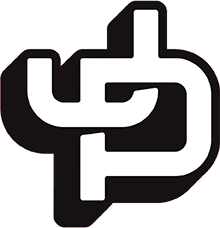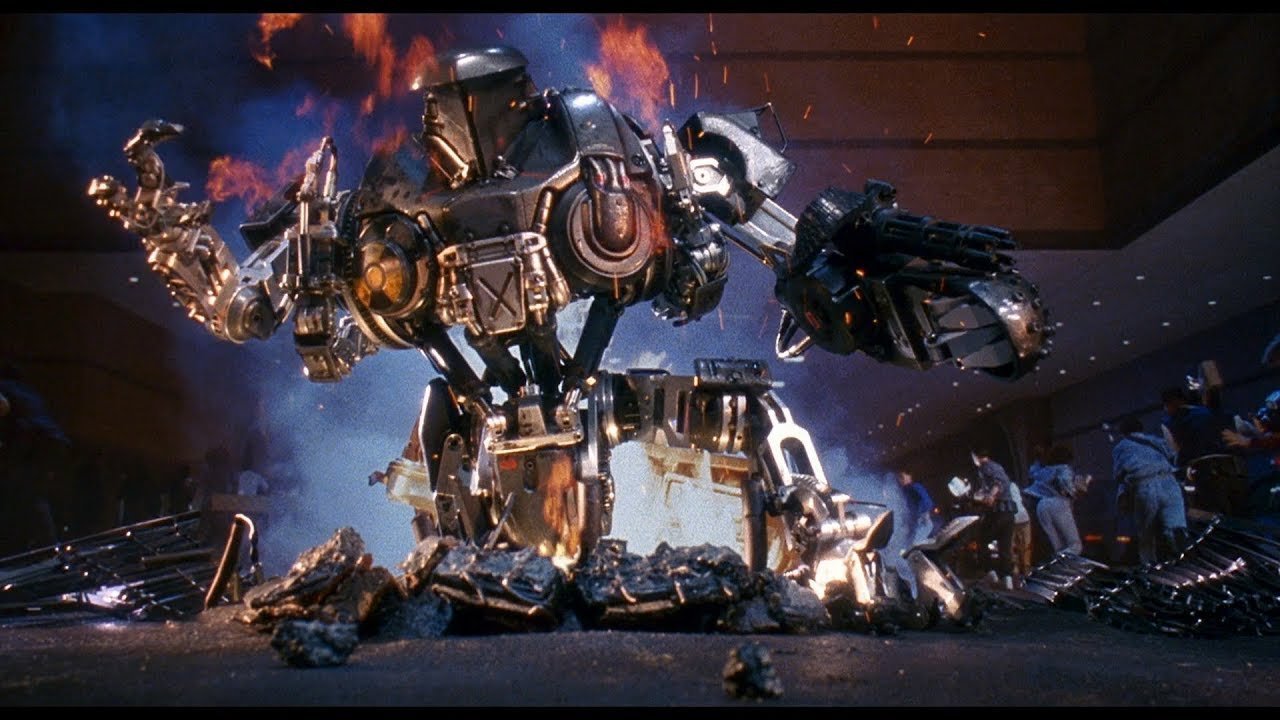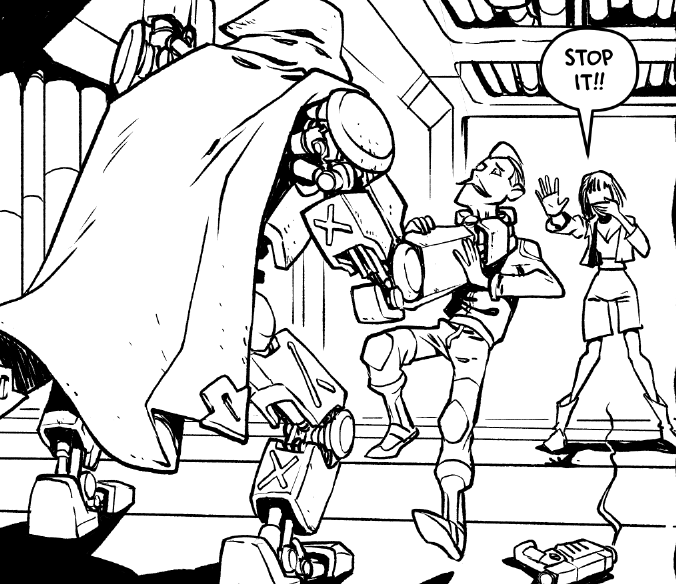From the Inspirational Thought Unit
There's a book I read maybe nine hundred times while my kids were little called "We're going on a bear hunt." It's about a family who's going on a hike through nature hoping to find a bear. They encounter all kinds of roadblocks and impediments like rivers, snowstorms, and tall grass.
Each one of these things can't be avoided. There's no way to go around them, over them or under them. The only way to make progress is to go through them.
This is like baby's first lesson in stoicism.
“The impediment to action advances action. What stands in the way becomes the way"
-Marcus Aurelius
This was written 2000 years ago by the most level headed emperor of Rome, Marcus Aurelius. Aurelius studied the stoics and put their words into action. He kept a pretty good record of these and we are lucky to have his journal survive to this day.
The point of Going on a Bear Hunt and this quote is that if you want to accomplish something that seems insurmountable there's no way to get around the fact that you just have to start and see it through to the end.
Painter Vincent Van Gogh understood this:
"I am always doing what I can't do yet in order to learn how to do it."
Source: Letter to Anthon van Rappard (1885)
Every project that has pushed me out of my comfort zone has made me a way better artist/writer/creator/business guy. I used to turn the other way or pivot when I sensed things were going to get difficult, but now when I get that feeling I march straight into it knowing that it will transform me into who I want to become.
You need to cultivate these scenarios in your life if they're not already being handed to you.
One last quote on this:
“That’s the thing about writing. Every time I think I’ve figured out how to write, I discover that actually, I’ve just figured out how to write the thing I just wrote, and I have no clue how to write the next scene, the next story, or the next book.” Maureen McHugh
That's a reminder that it never gets easy, and that's the point. Go on bear hunts, brave the tall grass, the rushing rivers, and the blowing snow.
-Jake



